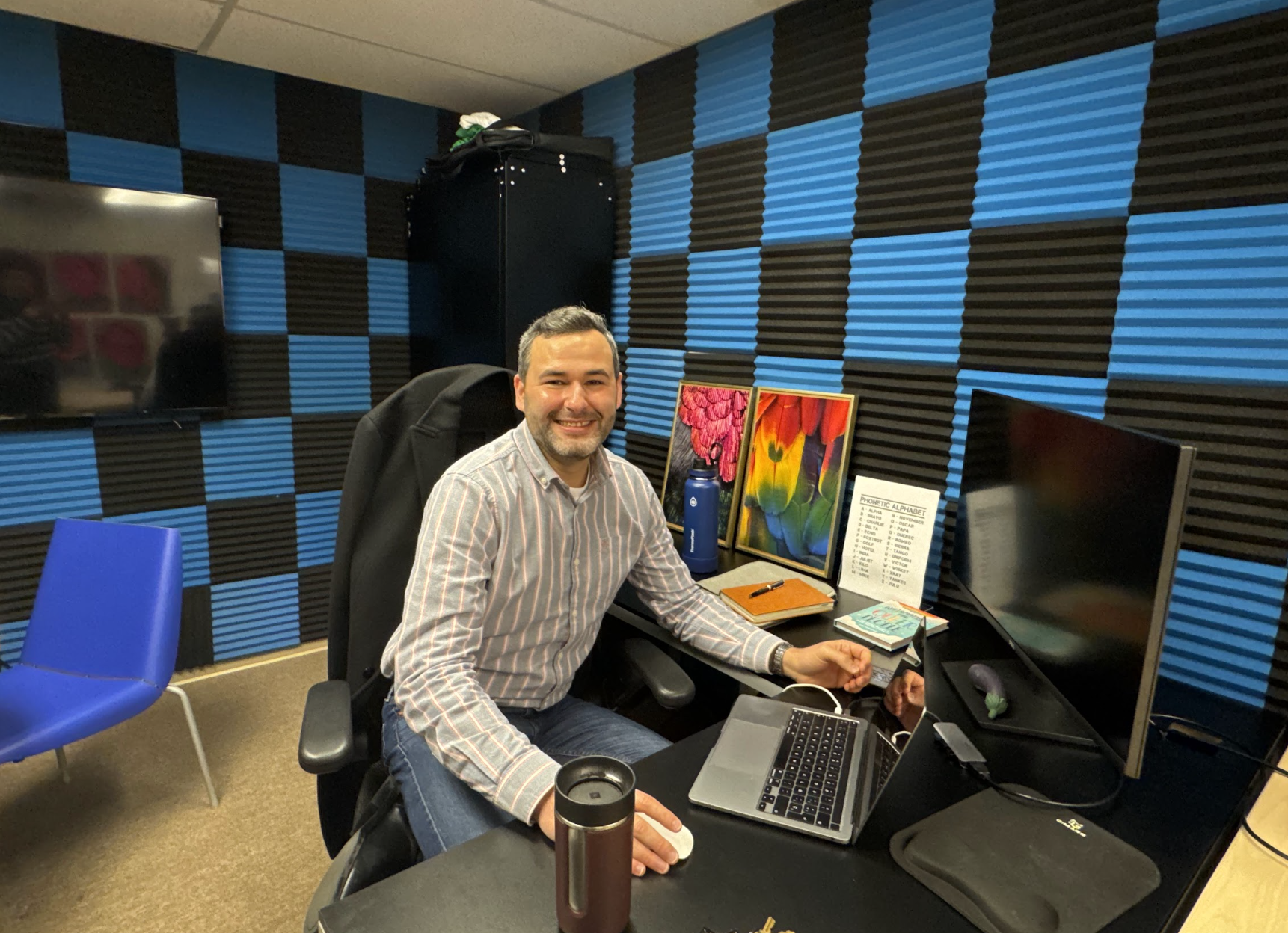Rainbow pride and country flags hanging on the ceiling, bright lights, and laughter greet people when they enter the Entre Hermanos Seattle office building off of Jackson Street.
In 1991, a group of Latino friends in Washington decided to create an organization offering HIV prevention services that many other places did not offer at the height of the AIDS health crisis. That is when Entre Hermanos Seattle was established, making it the first Latino LGBTQ+ non-profit organization in Washington state.
“There was no response or help for the people living with HIV; many people died because of it during that time,” said Pablo Castillo, head of communications at Entre Hermanos. “They created Entre Hermanos to give a response and to help their own Latino friends who were living with HIV.”
Since its establishment 34 years ago, they have expanded their services to not only health education to prevent HIV, but to immigration, housing, and helping those living with HIV find targeted medical services.
Not all of their clients have HIV, and the door is open to anyone who needs any type of service.
Due to the recent mass deportation executive order signed by Trump, the immigration department has become the busiest.
However, Castillo said this is a reality for many in the Latino community all the time, regardless of who is president.
“We have overcome and fought this before; we can do it again,” said Castillo.
Entre Hermanos provides free immigration consultations with an attorney every Tuesday and Thursday.
Additionally, “Entre Hermanos’ Housing Assistance Program provides rental and utility support for individuals and families experiencing difficulties in their housing,” Castillo said.
Listen to Pablo Castillo, head of communications at Entre Hermanos, in his own words (Spanish):
Entre Hermanos has also expanded to Yakima on the east side of the state, which was one of their plans from the beginning. They will open their new office in March.
“Entre Hermanos was actually born here in Yakima, and it was supposed to have an office here, but they transferred to Seattle due to things happening in their lives and lack of funding,” said Martha Zuñiga, Eastern Washington Services director.
“To be able to open a Yakima branch is a dream come true,” said Zuñiga. “I hold a special place for the activists in the Yakima community.”
Eduardo Esparza, a bilingual non-medical case manager, said increasing accessibility to Entre Hermanos statewide was important because despite Yakima’s 47.6% Latino population , there are very few Spanish-speaking medical services, and the ones that do offer that service are usually booked months in advance.
“Many Latinos from Yakima and the Tri-Cities would have to drive to our office, which is hours away from them, just to receive medical help in their native language,” Esparza said. “We post our resources in seven different languages that range from Spanish to English to sometimes indigenous ones.”
HIV prevention is a personal cause to Zuñiga, as she has lost several friends to the disease.
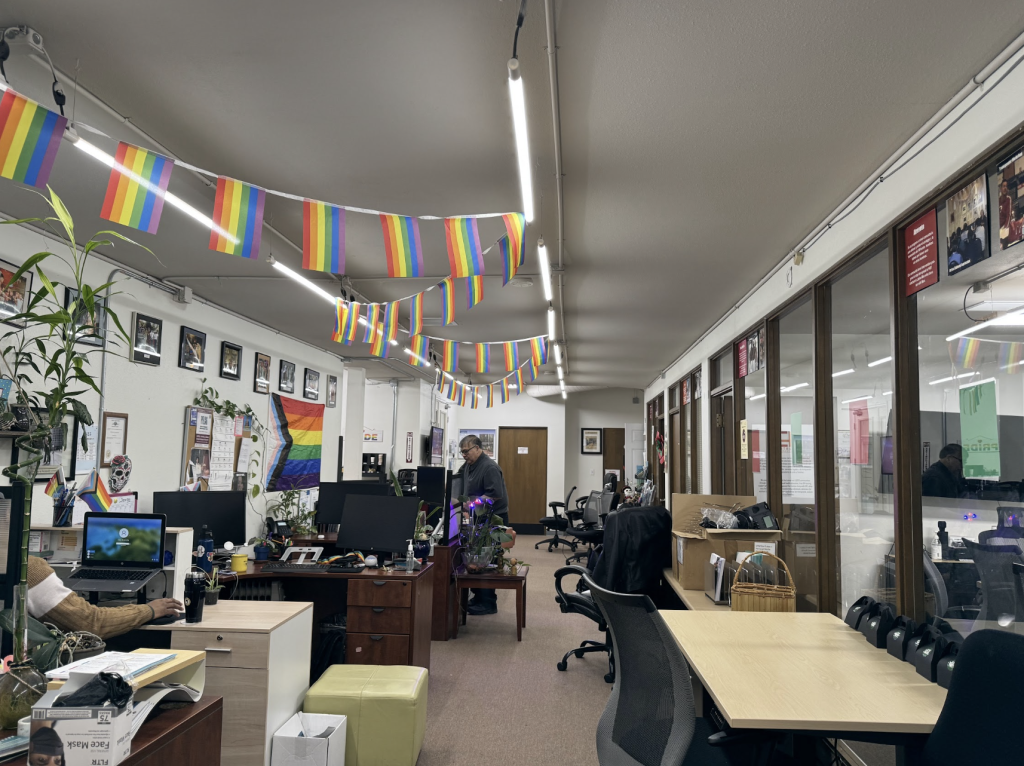
The colorful entryway of Entre Hermanos showcases different countries and pride flags to create a more welcoming space for everyone. This floor offers HIV prevention and education as well as housing resources.
Photography: Selene Guadalupe Rodriguez
“In the 80s, when HIV was born as an epidemic, my friend group of ten or twelve people, eight of them died due to HIV because there were no resources or education surrounding it,” Zuñiga said. “That’s when I thought that there is something that can be done.”
Entre Hermanos uses a two-pronged approach to HIV prevention: access and education.
Free HIV and STD testing is available at their Seattle office Monday through Friday from 10 a.m. to 5 p.m. The organization also provides free condoms and lube at its office, in community centers, and by mail.
Entre Hermanos clients can also participate in community forums and meet with a Latino Pre-Exposure Prophylaxis (PrEP) navigator.
PrEP navigators help provide reduced-price access to PrEP, a medication that helps prevent the contraction of HIV.
Entre Hermanos can offer lower prices because of donations received at its yearly gala and through state grants, which are currently in jeopardy.
Additionally, donations from other organizations make up more than 50% of their yearly budget.
Yesenia Cruz, the non-medical PrEP case manager, has facilitated bi-weekly meetings for femme trans Latinas in Seattle since March 2024. This safe space, called Las Monarcas, is the first of its kind entirely in Spanish and is located in Washington state.
Las Monarcas, which means Monarch Butterflies, “represents not only the changes trans women endure, but also the beauty that life has to offer,” According to the Entre Hermanos website,
Cruz resonates with this quote because, as a trans woman, she said there are few resources for trans women and their issues in the Latino community. She wants to create a safe space for them.
“I want trans women to have a community where they can share their stories and experiences. I was so privileged to have the people close to me accept me when I started transitioning at the age of 15,” Cruz said. “I want other trans women to experience that as well.”
One important part of the Las Monarcas program is workforce development.
Cruz said professionals from several different fields, such as laser techs, makeup artists, and psychologists, are invited to speak at meetings.
The goal is to provide connections in the participants’ native language.
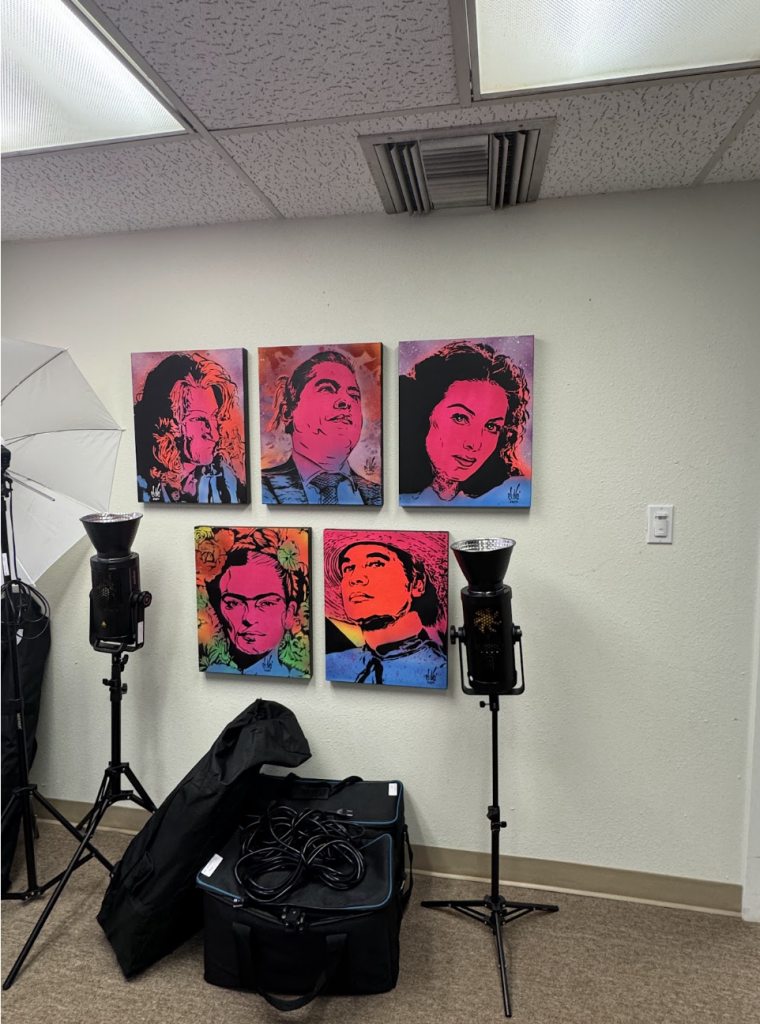
Multi-colored paintings of influential LGBTQ+ Latinos and Latinas who made an impact in the world and paved the way for future generations, such as Frida Kahlo, hanging in the communications office.
Photography: Selene Guadalupe Rodriguez
“I invite people from fields that interest the trans women community, ” Cruz said. “It takes time to find people in those fields who speak Spanish.”
Las Monarcas support also covers a wide range of other subjects, including gender-affirming medical care and legal advice, as well as assistance with name changes on legal documents.
“All of the trans women who come to our meetings are already working with different services we provide, like PrEP or from our legal department,” Cruz said.
Entre Hermanos is also working closely with Brihanna Rodriguez, a trans woman who is Diosa Latina Washington for 2025.
Diosa Latina is a beauty pageant for trans-Latina women in the United States, held in early May. Participants represent their state and could win $10,000.
“We have connections with her, and it’s exciting,” Castillo said. “We’re so proud of her and everything she’s doing.”
Zuñiga said the most rewarding result of Entre Hermanos’s services is when their patients are able to have kids.
She shared a story of one mother who was able to give birth to a healthy, HIV-free baby after managing her own HIV.
For Zuñiga, seeing such a tangible outcome of what is often years of work and support is the most meaningful for her.
Zuñiga acknowledged this is a difficult time for the Latino and LGBTQ+ communities, but it only makes Entre Hermanos’ work more important.
“We will continue with our mission because we know it’s something we must provide to our community,” she said.
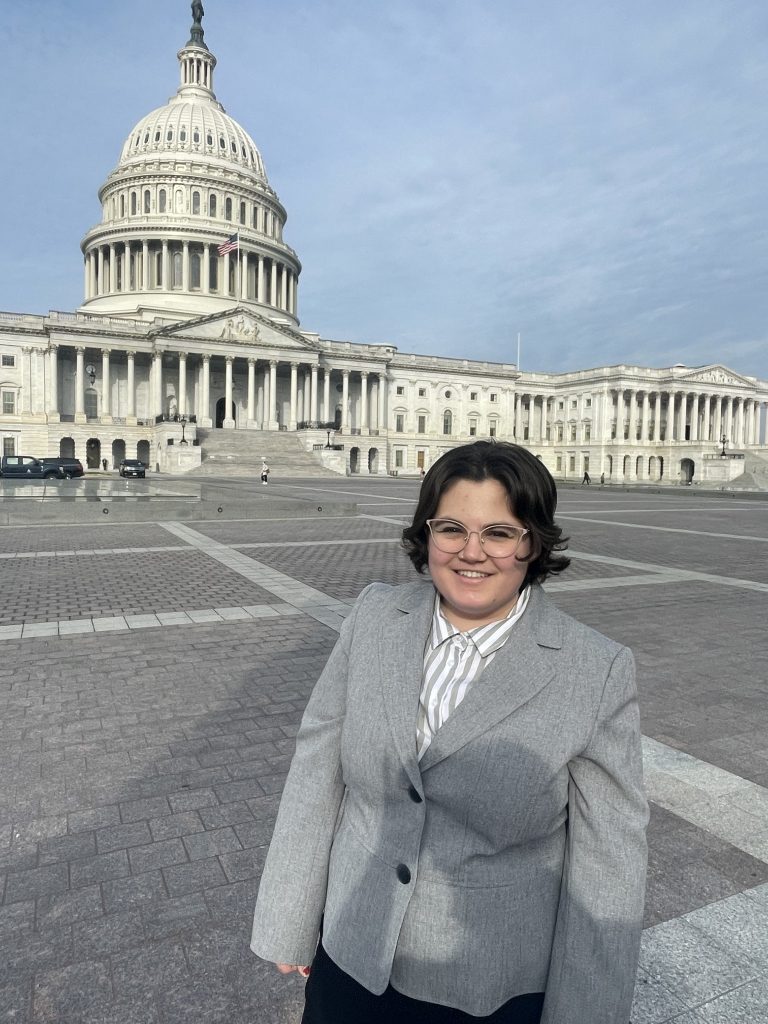
Matteah Davis (they/them) is a senior at the University of Washington double majoring in Journalism and Public Interest Communication and Political Science. They are particularly interested in bridging the gap between the public and lawmakers and giving a platform for people to share how policy affects their lives.
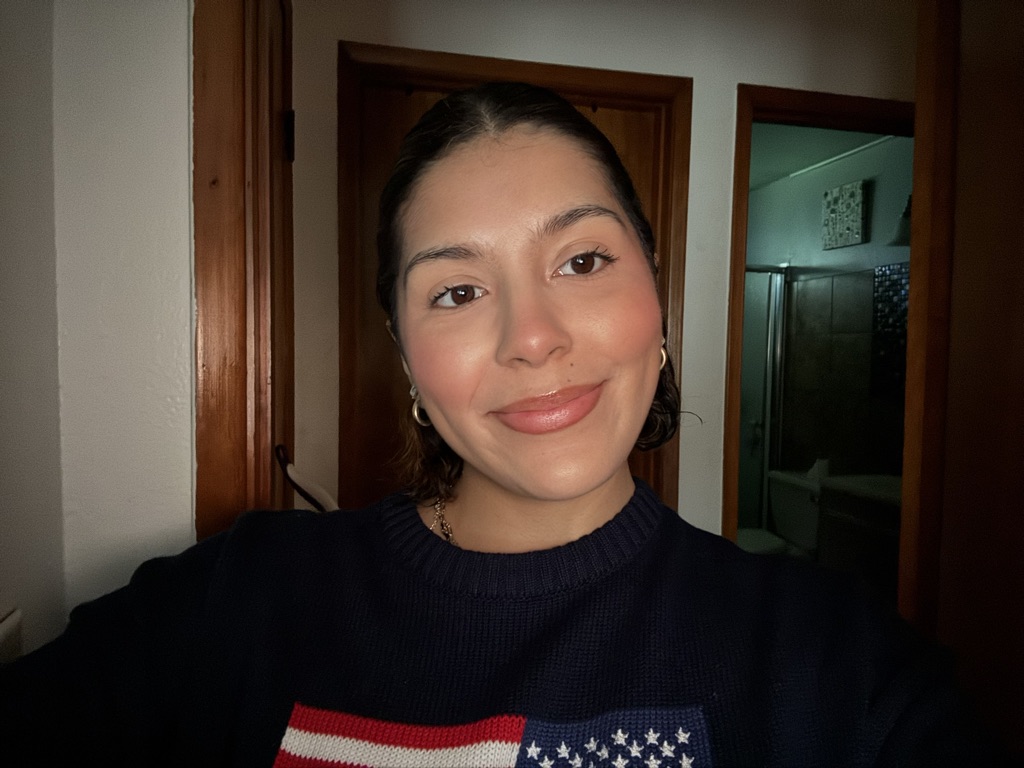
Selene Guadalupe Rodriguez (she/her/ella) is a senior at the University of Washington where she is majoring in Journalism and Public interest Communication. She hopes to pursue a career in sports journalism and reporting in both English and Spanish.
